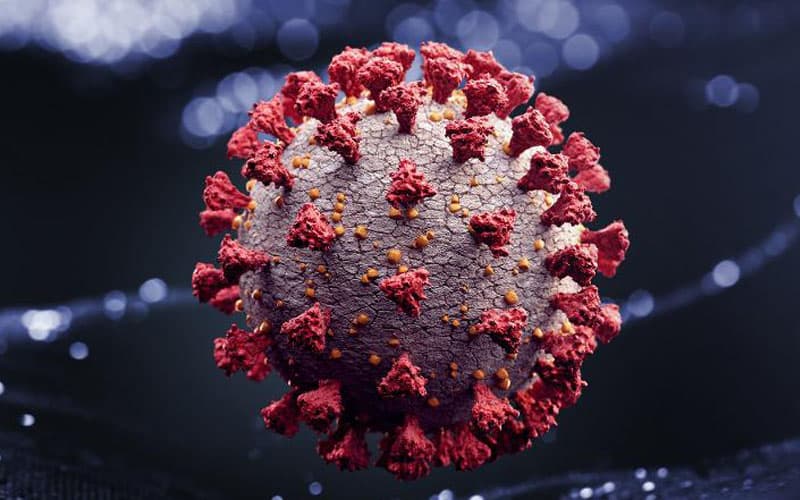‘Fears, anxiety and prejudices limit the way we live our lives and interact with others.'
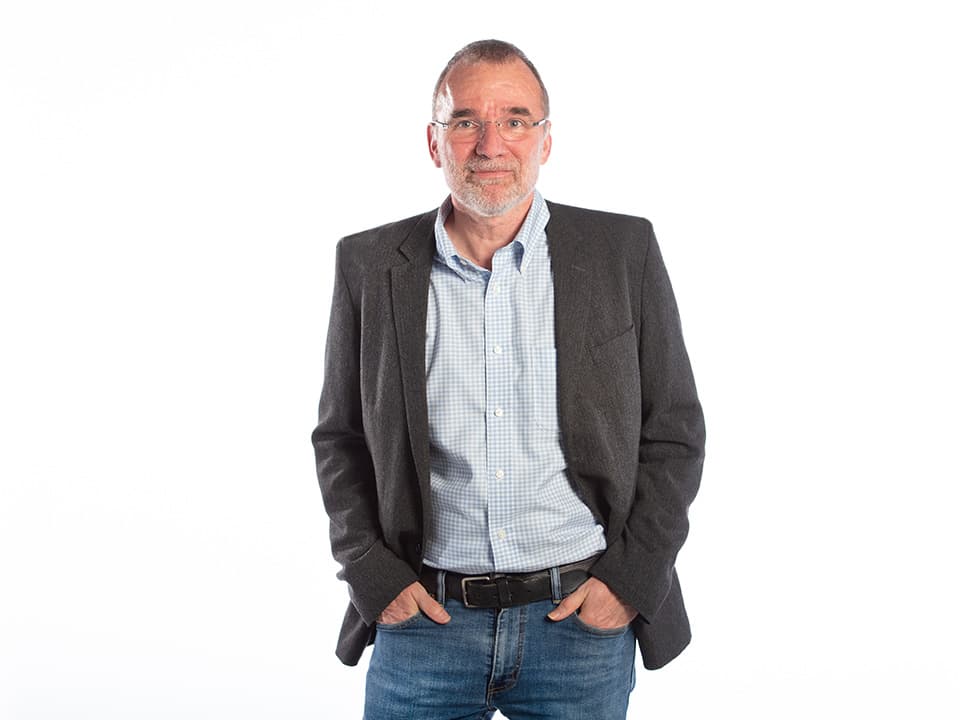
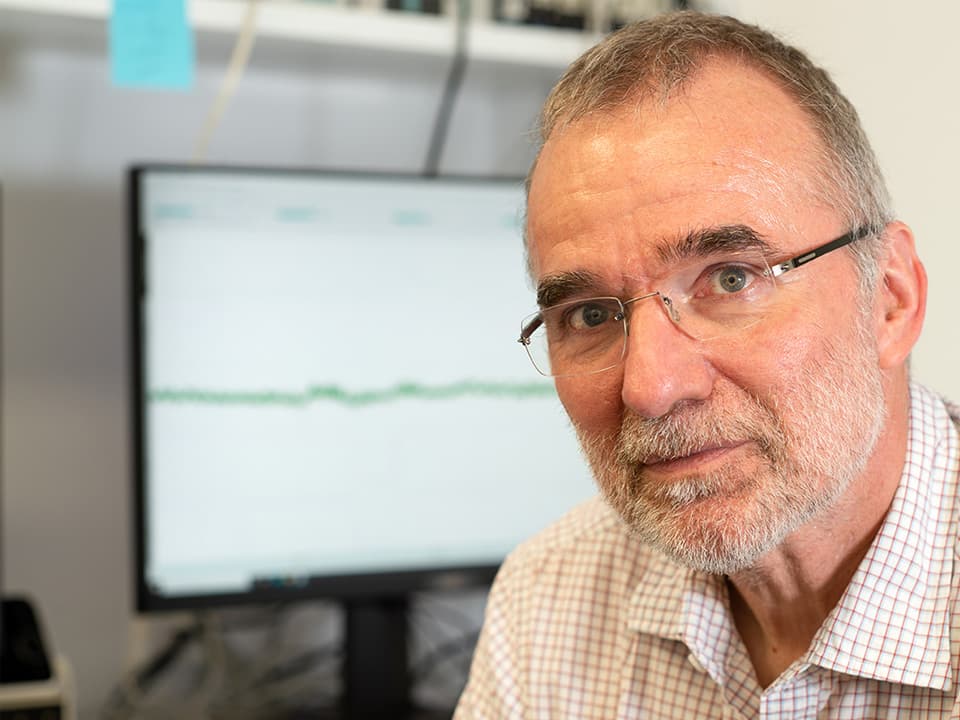
The spark
'How we respond emotionally to everything around us affects the way we live. Understanding how our emotional responses are acquired, maintained, and altered over time provides a profound insight into what makes us human.'
Research aim
'I want to understand how we acquire, maintain and change positive and negative emotional responses such as likes, dislikes, preferences and fears.
My research sits at the crossroads of psychology, business, and engineering but addresses questions relevant to everyone.'
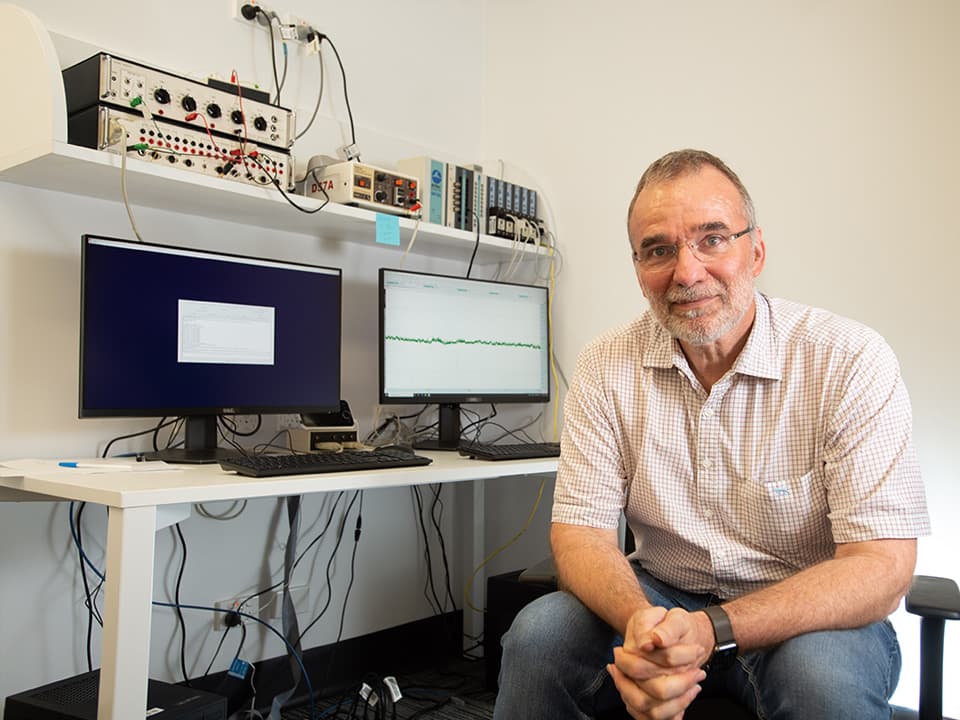
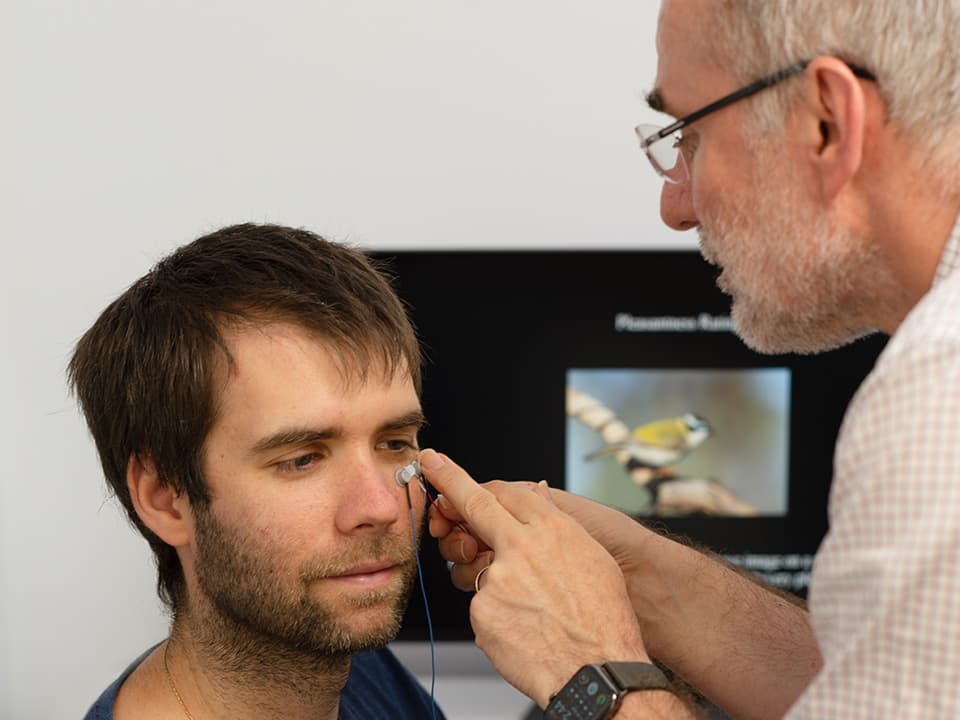
Real-world implications
'If we understand the basic mechanisms that mediate emotional responses like fears, anxiety and prejudices, then we can lead richer, more satisfying lives.'
The challenge
'The challenge is to prevent the return of unwanted negative emotional responses and achieve lasting change, like reduced fear after treatment or reduced prejudice after bias training.'
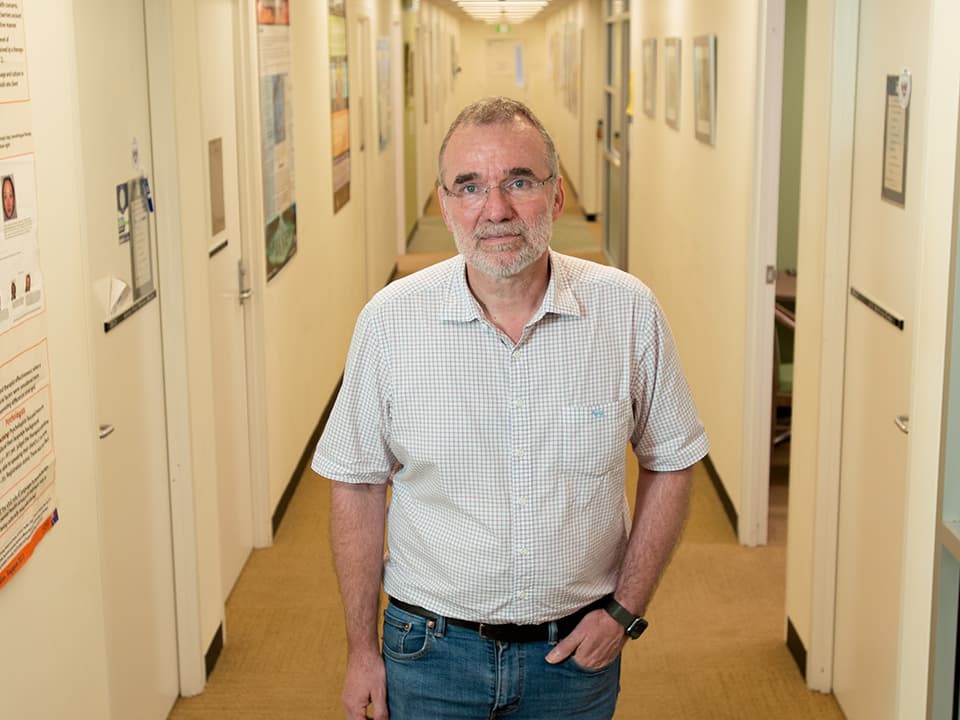
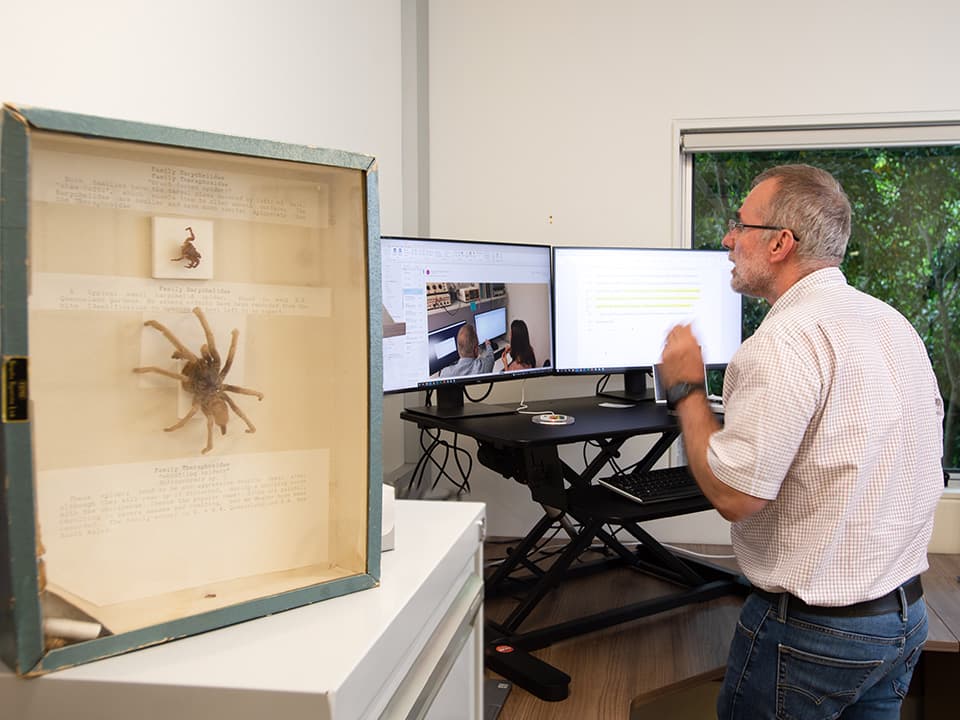
Teaching
'Students are the engine room of research and often ask non-obvious questions that can test the ideas we take for granted. I am dedicated to mentoring junior colleagues and to providing a critical wall to bounce their ideas off.'
Key achievements
- Confirming that, like any other emotional learning, evaluative conditioning is subject to extinction and relapse.
- Showing that unpaired presentations of aversive events during extinction training can strengthen extinction learning and prevent the return of fear.
- Documenting similarities and differences between different fear domains (fear of animal threats, social threats, and intergroup threats) and showing that fear of these threats is not qualitatively different from other fears.
Key collaborators
Testing ideas through discussion ensures our thinking stays open, is outward focused, and keeps sight of the bigger picture. Science is a team sport, and I achieve goals through collaboration with others in leading institutions, including:
- University of Queensland
- Griffith University
- Bond University
- Curtin University
- University of California, Los Angeles (UCLA)
- University of Texas, Austin
- Humboldt University, Berlin
Key publications
- Lipp, O.V., Ryan, K.M., Luck, C.C., Craske, M.G., & Waters, A.M. (2021). Presentation of unpaired unconditional stimuli during extinction reduces renewal of conditional fear and slows re-acquisition. Psychophysiology. e13899. DOI: https://doi.org/https://doi.org/10.1111/psyp.13899
- Luck, C.C., & Lipp, O.V. (2020). Relapse of Evaluative Learning – Evidence for Reinstatement, Renewal, but not Spontaneous Recovery, of Extinguished Evaluative Learning in a Picture-Picture Evaluative Conditioning Paradigm. Journal of Experimental Psychology: Learning, Memory, and Cognition, 46(6), 1178-1206. DOI: https://doi.org/10.1037/xlm0000785
- Mallan, K.M., Lipp, O.V., & Cochrane, B. (2013). Slithering snakes, angry men and out-group members: What and whom are we evolved to fear? Cognition & Emotion, 27, 1168-1180. DOI: https://doi.org/10.1080/02699931.2013.778195
